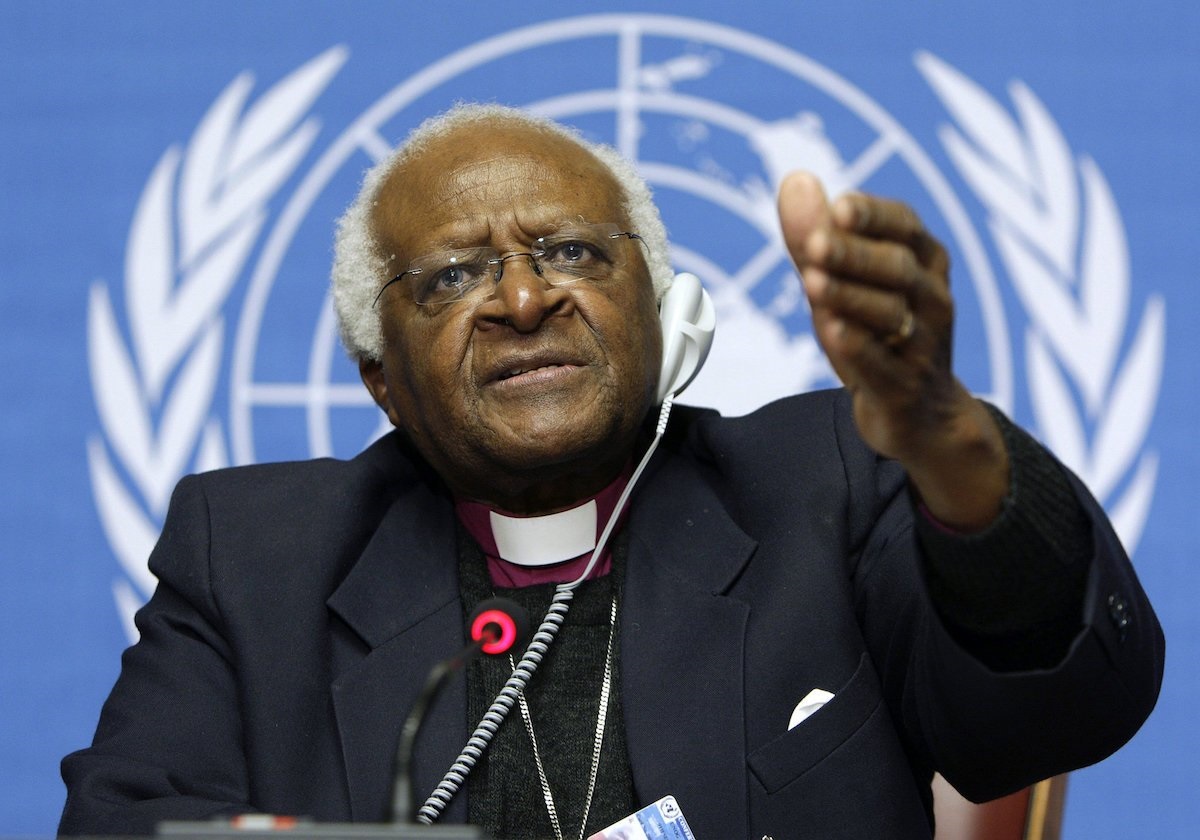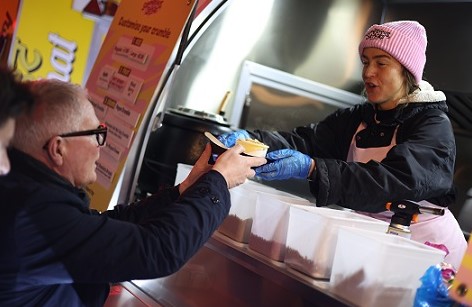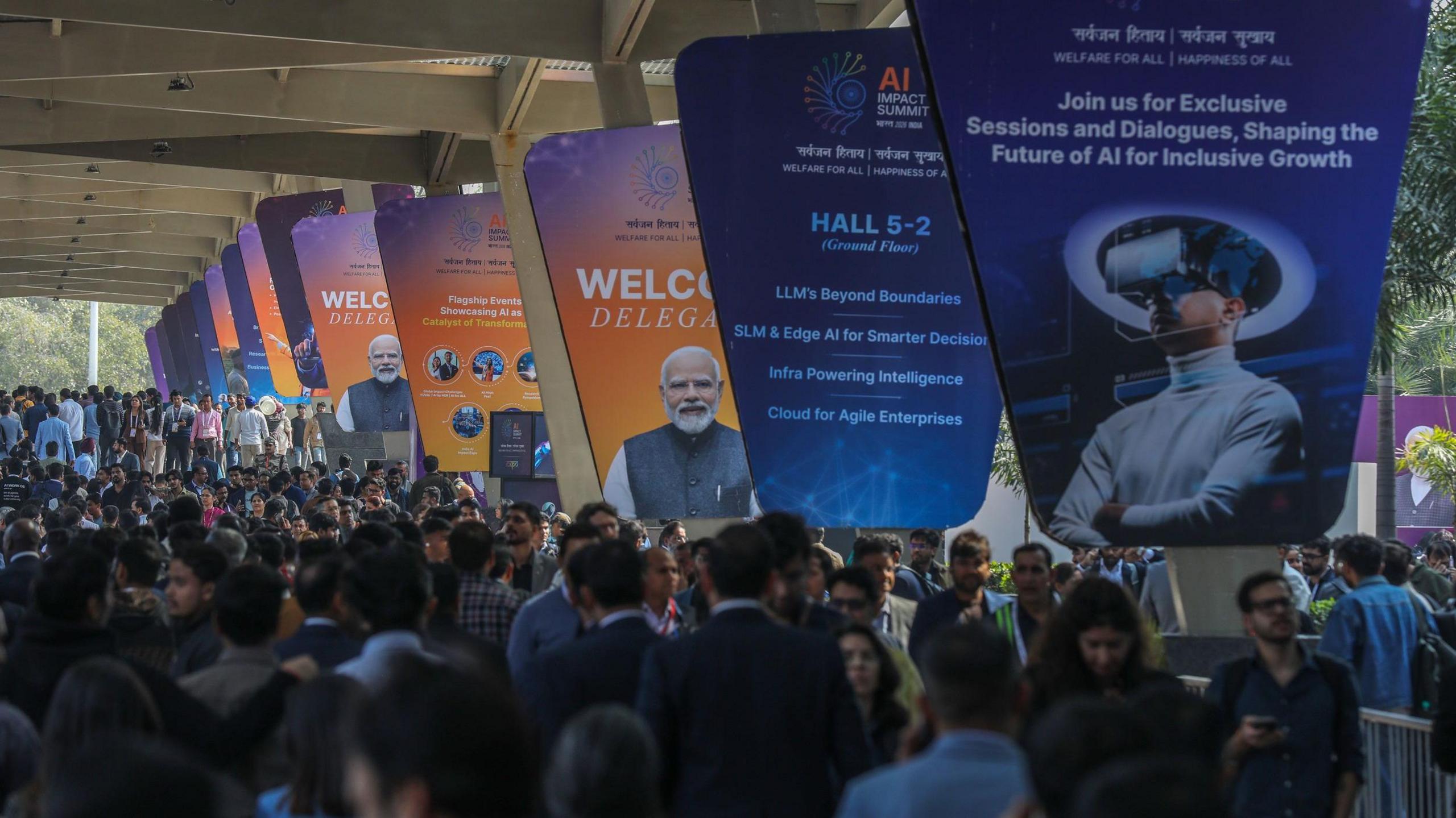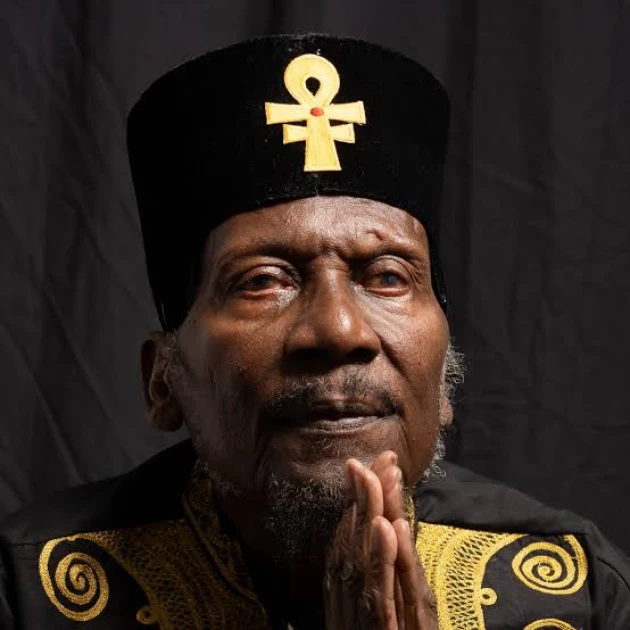One of South African's best-known figures at home and abroad, the contemporary of Nelson Mandela was one of the driving forces behind the anti-apartheid movement in his country.
He was awarded the Nobel prize in 1984 for his role in the struggle to abolish the abhorrent system enforced by the White minority government against the Black majority from 1948 until 1991.
It is reported that a week of tributes will be organised, which includes two days of lying in state to allow the public to pay their respects as well as a requiem mass.
Born of mixed Xhosa and Motswana heritage, in Klerksdorp, he was teaching theology in South Africa and Lesotho, between 1966 and 1972, teaching doctrine, the Old Testament, and Greek at a campus that allowed a level of racial-mixing - which was rare there.
He was the Bishop of Johannesburg from 1985 to 1986 before he became the Archbishop Emeritus of Cape Town from 1986 to 1996. The Archbishop Emeritus of Cape Town, he was Chair of the Truth and Reconciliation Commission – a restorative justice body assembled in South Africa in 1996 after the end of apartheid.
In paying tribute, the Nelson Mandela Foundation said that his contributions to struggles against injustice, locally and globally, are matched only by the depth of his thinking about the making of liberatory futures for human societies".
"He was an extraordinary human being,” the Foundation added.
Using his position to speak out on social issues, he publicly endorsing an international economic boycott of South Africa over apartheid and met with Black Consciousness and Soweto leaders, as he shared a platform with anti-apartheid campaigner Winnie Mandela in opposing the government's Terrorism Act, 1967 and held a 24-hour vigil for racial harmony at the cathedral where he prayed for activists detained under the act.
In May 1976, he wrote to Prime Minister B. J. Vorster, warning that if the government-maintained apartheid then the country would erupt in racial violence. Six weeks later, the Soweto uprising broke out as Black youth clashed with police. Over the course of ten months, at least 660 were killed, most under the age of 24.
Sharp of wit, he was a man of impeccably strong moral convictions who strove to bring about a peaceful South Africa.
Survived by 4 children, he was 90.











